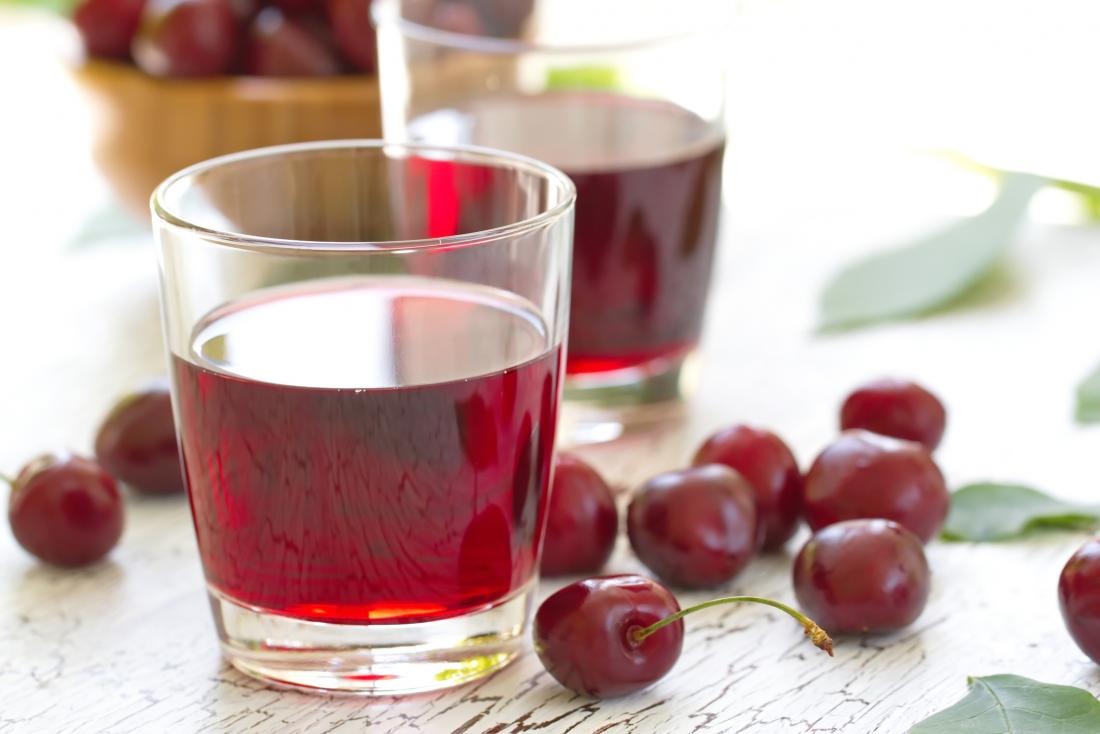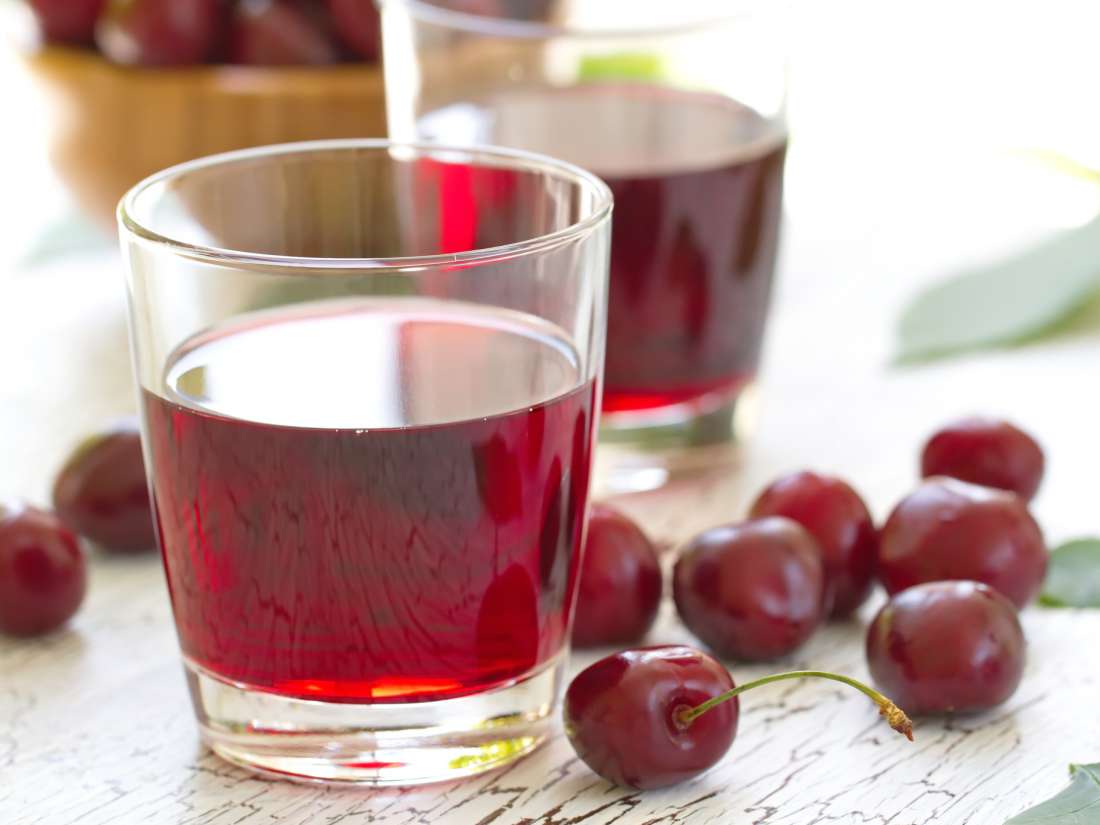
Is tart cherry juice good for brain health?
Cognitive health is the ability to think clearly, remember, and learn new things.
Cognitive decline is a hallmark of aging. Other factors that contribute to this decline include an unhealthful diet, a lack of exercise, certain medications, and some health problems, such as high blood pressure, diabetes, and stroke.
The National Institute on Aging recommend following a healthful diet, staying physically and mentally active, and looking after our health to maintain our cognitive health in older age.
But, what exactly constitutes a healthful diet for our brains? From consuming more fiber or mushrooms to fasting or adopting a Mediterranean style diet, scientists make various bold claims about what we should be eating.
Now, tart cherries enter the mix, with researchers from the University of Delaware in Newark putting the fruit’s juice to the test.
Tart cherries are a rich source of flavonoids, which are a type of polyphenol. These chemicals occur naturally in plants and have strong antioxidant properties, which some believe can protect us against cognitive decline.
‘Contentment with memory’ improved
Sheau Ching Chai, an assistant professor of behavioral health and nutrition, led the research, and the team published the findings in the journal Food & Function.
Chai’s study included 37 volunteers aged 65–80 years who had normal cognitive function. The study participants did not take any medication that could affect brain function, nor did they have a history of medical conditions, including diabetes, heart disease, stroke, cancer, or traumatic brain injury.
The researchers divided the volunteers into two groups. They asked 20 participants to drink 2 cups of tart cherry juice every day for 12 weeks — one in the morning and one in the evening. They gave the other 17 participants a placebo drink that matched the juice in flavor, color, and sugar content but did not contain any cherry. The participants did not know which of the drinks they were receiving.
Chai explains in the paper that after 12 weeks, the tart cherry juice group saw a number of significant results:
- 5% increase in subjective contentment with memory
- 4% reduction in movement time
- 23% reduction in errors in episodic visual memory
- 3% improvement in visual sustained attention
- 18% reduction in errors during spatial memory working tasks
“Cognitive function is a key determinant of independence and quality of life among older adults,” Chai comments on the findings.
“The potential beneficial effects of tart cherries may be related to the bioactive compounds they possess, which include polyphenols, anthocyanins, and melanin,” she continues. “They may also be related to tart cherry’s potential blood pressure-lowering effects, outlined in a previous study we conducted in the same population, as blood pressure can influence blood flow to the brain.”
Industry funding and sugar content
Chai and her colleagues received funding from the Cherry Research Committee of the Cherry Marketing Institute, who also provided the Montmorency tart cherry concentrate that the team used in the study.
Chai explained to Medical News Today that the “funders had no role in the study design, data collection, data analysis or interpretation, or writing of the manuscript. They did not review the manuscript before submission. Co-authors and I hold no position with this organization.”
Chai told MNT that she envisions different ways that people could include tart cherry juice in their diet: “There are a variety of alternative ways to add [the] concentrate to their foods. For example, people can use it as salad dressing, add to yogurt, beverages, etc.”
When MNT asked Chai about the extra sugar that the tart cherry juice may have added to the study participants’ diet, she explained that, in many cases, the volunteers naturally compensated for this.
“Our 3-day food records show that the majority of the participants replaced their average daily sugar sweetened drink with the tart cherry juice or control drink,” she said. “In addition, some participants […] altered their dietary intake to compensate for the tart cherry juice or control drink. Therefore, there was no overall increase in energy intake and no significant increase in weight.”
While the study had some interesting results that indicate a potential beneficial effect of tart cherry juice, it was very small. Chai agrees that a longer study with more participants is necessary.
“Future studies will address the mechanisms of action and bioavailability resulting from tart cherry exposure as well as [testing a lower dose].”
Sheau Ching Chai
